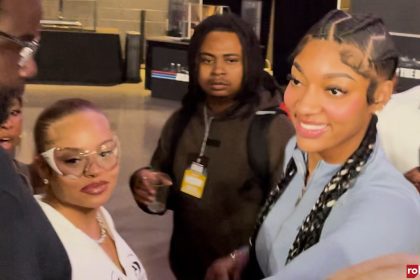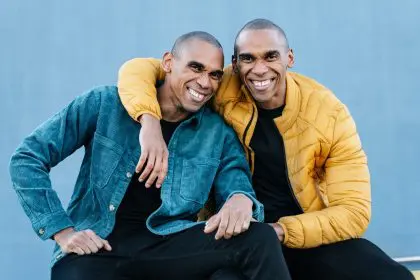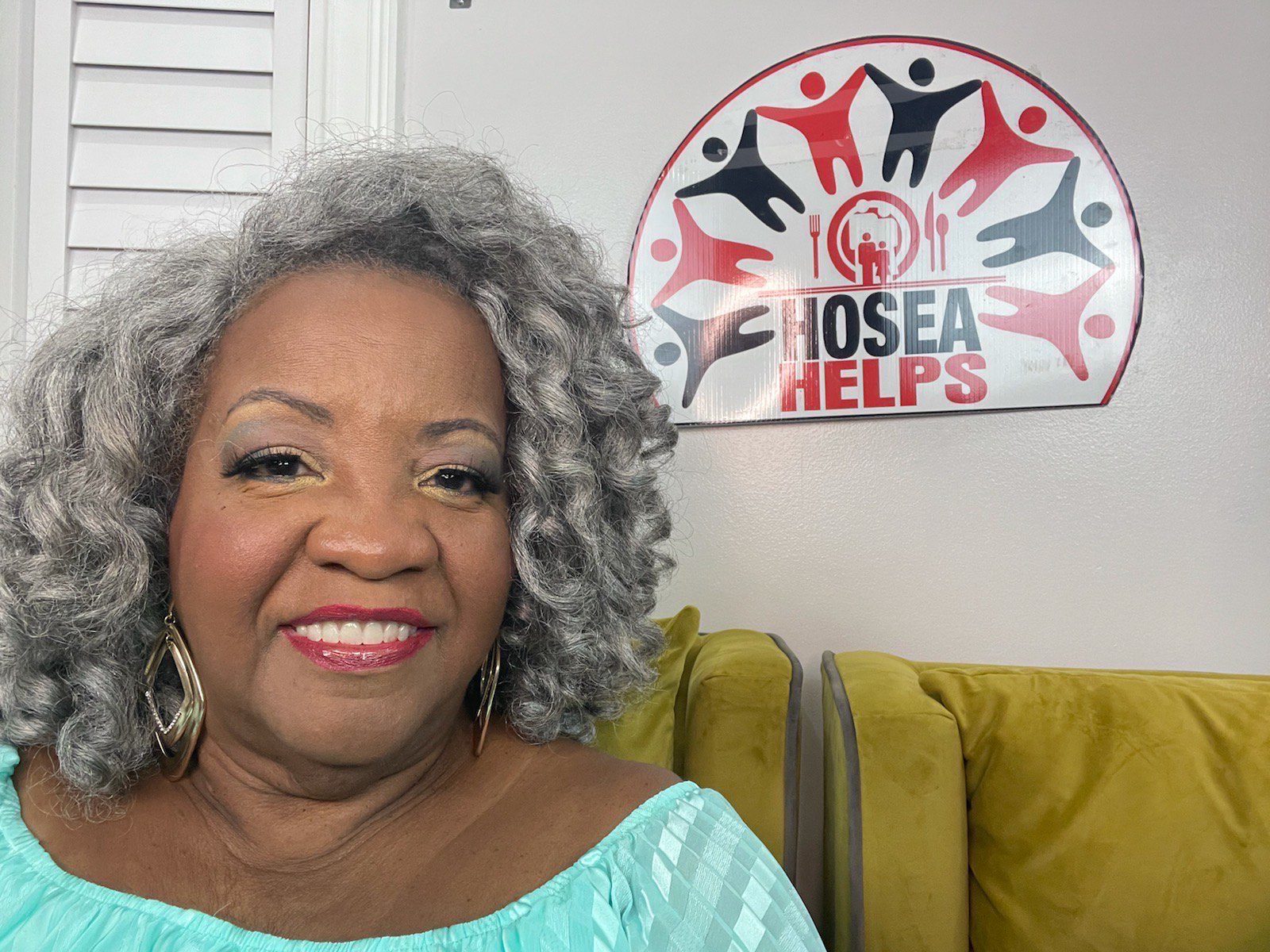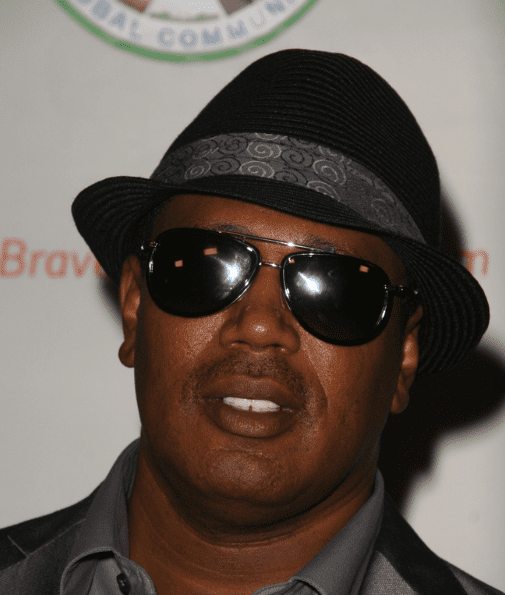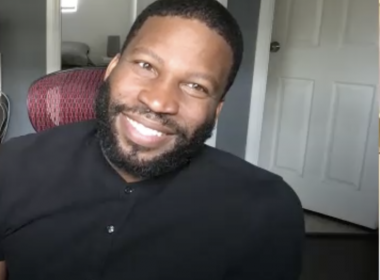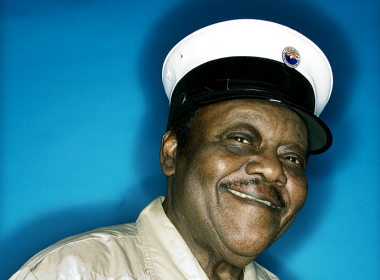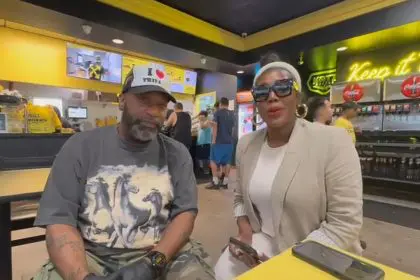 The fictional account of a Mississippi family’s ordeal during Hurricane Katrina has won the U.S. National Book Award for fiction. The judges praised Jesmyn Ward’s Salvage the Bones for its “piercing metaphor and simile.”
The fictional account of a Mississippi family’s ordeal during Hurricane Katrina has won the U.S. National Book Award for fiction. The judges praised Jesmyn Ward’s Salvage the Bones for its “piercing metaphor and simile.”
In her acceptance speech, Ward said she realized that life was a “feeble, unpredictable thing,” when her younger brother was killed by a drunk driver when she was in college. The loss inspired her to become a writer.
Ward was in Mississippi with her family when Katrina hit.
Ward blogs at Jesmimi.blogspot.com where she wrote of her journey to becoming a published (and now critically acclaimed award-winning) author:
“Whenever I speak to audiences about my fiction, inevitably I’m asked about rejection. How many times did you face rejection, they ask. And I tell them: many times. My first novel was dead in the water for three years, three years of submission and rejection, and I had exactly one story published during that time. I was working at the University of New Orleans during the years following Hurricane Katrina. Driving through New Orleans East for work, through that wasted landscape, the houses rotting and spray-painted, the empty streets, the waste from the flood still sitting where the water deposited it when it receded, subdued me so thoroughly I didn’t write a new sentence for three years. Fine, I thought, I’ll shut up now. I told despair: You win. I began looking up the prerequisite courses I’d need to enter a nursing program, began plotting my return to school, my leave from writing.
“And then Doug Siebold of Agate Publishing said yes to Where the Line Bleeds. Two years later, my editor at Bloomsbury Publishing said yes to my second novel Salvage the Bones. And now, the folks at the National Book Foundation have said yes.
“So many can tell you no, I tell my audience, but you only need one person to say yes.”
The National Book Award is among the most prestigious in U.S. publishing. Winners receive $10,000. –kathleen cross

